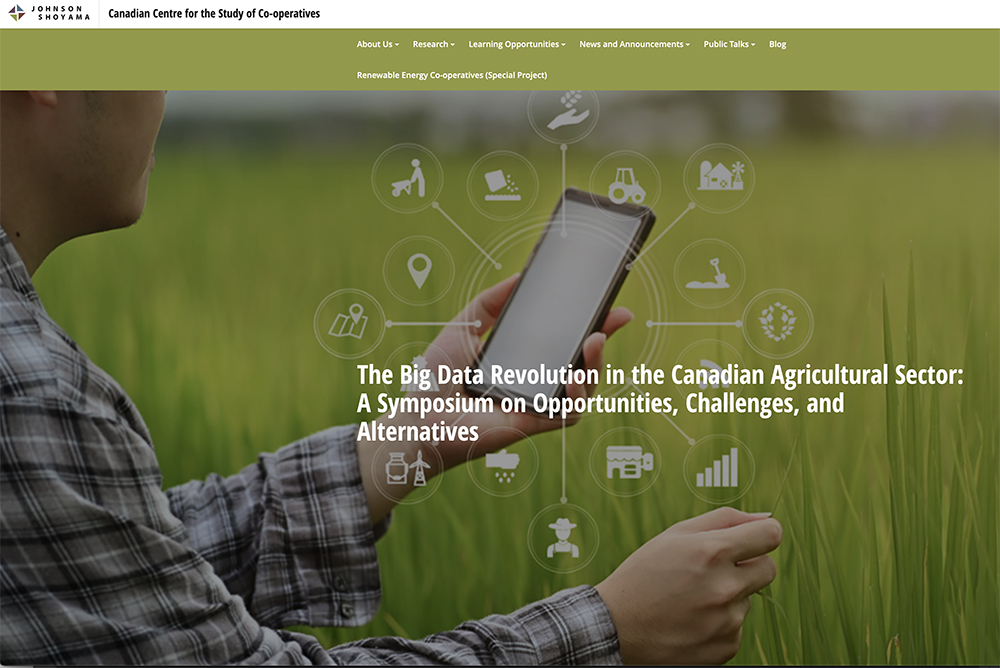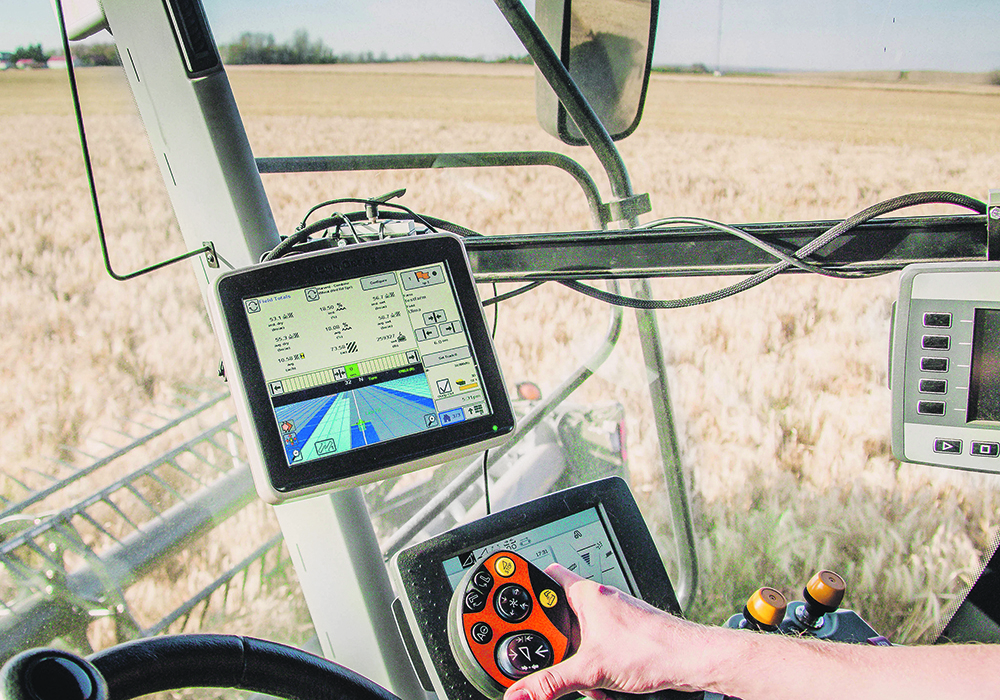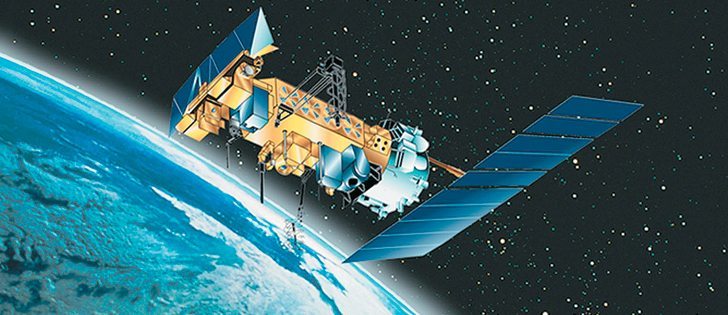Farmers have been reluctant to share data with service providers and that isn’t likely to change without those providers proving they can be trusted, a digital agriculture conference heard.
“You have to have trust, whether you’re a co-operative or a privately owned company or a crown (corporation,) said Darcy Herauf, Farm Credit Canada’s director of the AgExpert division.
“To me it comes down to trust and being transparent.”
The Big Data Revolution in Canadian Agriculture conference tackled many aspects of the potentials and pitfalls brought by new technologies to the farming, agriculture and food industries.
Read Also

Organic farmers urged to make better use of trade deals
Organic growers should be singing CUSMA’s praises, according to the Canadian Chamber of Commerce.
Bill Oemichen of the University of Wisconsin law school, previously a senior state official in Wisconsin and Minnesota, said there are great potentials and significant concerns with big data collection in agriculture.
He has seen pesticide use plunge and fertilizer application rates fall in his part of the Midwest as data analysis allowed farmers to refine input use.
“It’s really improved on-farm management,” he said.
On the other hand, the data collection that allows this management is often in the hands of powerful interests.
“Imagine the kind of market power that Bayer has having 52 percent of the world’s agricultural data,” said Oemichen.
Herauf said farmers need to see shared value in sharing their data in systems that they don’t control because they see the data as having value.
“Data is very near and dear to farmers,” said Herauf.
However, the potential for improving individual farm management is significant.
“I strongly believe that Canadian farmers have to embrace these digital tools,” he said.
Dan Lussier, an agricultural data expert operating the Enterprise Machine Intelligence and Learning Initiative, said farmers need to feel they derive some advantage from belonging to what he called the data value chain.
Instead of the simplistic framing of provider-to-farmer exchange, the agriculture industry needs to develop a clearer understanding of a “data ecosystem” in which all parts of the supply chain operate.
Co-operatives could play an important role in the developing digital agriculture world, speakers said.
Oemichen said U.S. farmers are more willing to share information with their local input co-operatives than they are with others.
Herauf said Canadian farmers are likely the same.
“I think there’s tons of potential in Canada for different data co-ops,” said Herauf.
However, those co-ops have to remain close to farmers and not become “just another ag tech provider (where) they lose touch with their members.”
















